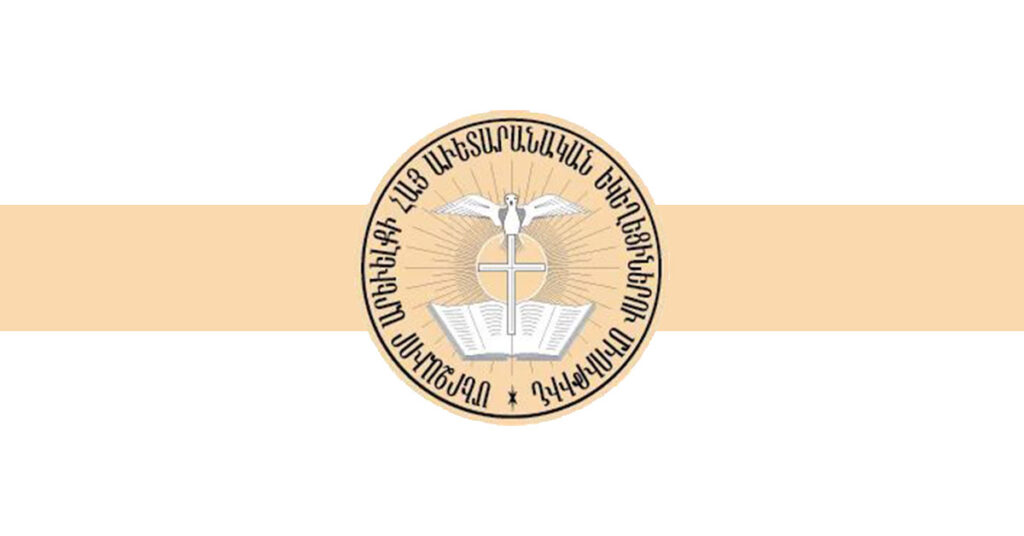Rev. Dr. Paul Haidostian reflects from Lebanon on “What should we do then”
The Rev. Dr. Paul Haidostian is the President of the Union of Armenian Evangelical Churches in the Near East and of Haigazian University. He lives in Beirut, Lebanon, and offers this prayerful meditation.
“What should we do then” is a question people asked John the Baptist about the times to come, as he spoke to the crowds who came to be baptized by him (Luke 3:10).
- To the general public he said: “Anyone who has two shirts should share with the one who has none, and anyone who has food should do the same.” (11)
- To the tax collectors he said: “Don’t collect any more than you are required to.” (13)
- To the soldiers he said: “Don’t extort money and don’t accuse people falsely—be content with your pay.” (14)
At such tragic times as these and the threat of more escalation, we are all asking the Lord who has given us the richness of His word, including teachings, instructions and promises, “What should we do then”.
In Lebanon today, there is an extreme and sad feeling of powerlessness. A state that is not able to do much for its institutions and people to protect them socially and physically, an economy that had been crumbled a number of years ago, a demographic explosion with refugees from neighboring lands and now with internal displacement of high proportions, a vacuum in the presidency of the country and in many other official positions, and a health/hospital system that is under extreme pressure. But even more critically than the above, in recent weeks, people in the country have the feeling that they are a population under unprecedented attack without a free willpower to act internally or externally, without an exit from war and death, without rights that shield them, without protection from ever-present reconnaissance planes and war machines preying on them.
What should we do then?
In the same powerless Lebanon of our times, there is much that is being done and can be done. The global church is praying, supporting and encouraging us. Relief efforts are at a very high level, and local hospitality is at work. Despite the infuriating disorder and crowdedness in many areas of Beirut, there is an increased level of gentleness among the people. While internal disharmony persists politically, there is also manifest intercommunity empathy.
There is much in the world that is shamefully not done regarding the regional situation, but our focus should also be on our response as believers.
What should we do then?
Following the instructions of John the Baptist, even in such times as these locally, trusting that the Lord will provide, we can do justice to each other, share our resources, show fairness and do unto others what we would want them to do to us.
What should we do then?
While we patiently wait for better days, we should faithfully rediscover the essentials in life and realign our priorities with the saving will of God. We should freshly welcome the Crucified Jesus in our midst and his enlivening spirit, and his all-pervading ethics. We should value our faith that is anchored on the Resurrected Lord who conquered all death and all sin.
Yes, even now we can do so much.
We should focus on how our faith can be practiced by fervent prayer, by social service, by wholehearted worship, by heartening others, and by the sharing of the redeeming and edifying Word of the Lord.
As Christians, no crisis, no war, no attack, no limitation, and no suffering can forbid us from trusting the Lord and opening our hearts to Christ. We are not powerless when our faith turns its focus from the discouraging political wisdom of the ‘mighty’ of this world unto the power of almighty and merciful God, in Christ (I Corinthians 2).
Even today, the church in Lebanon is active, because Jesus is alive.
We, and the whole world can do so much, today, and tomorrow, in our Lebanese situation, or in any other circumstance.

